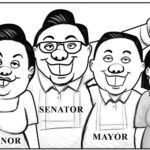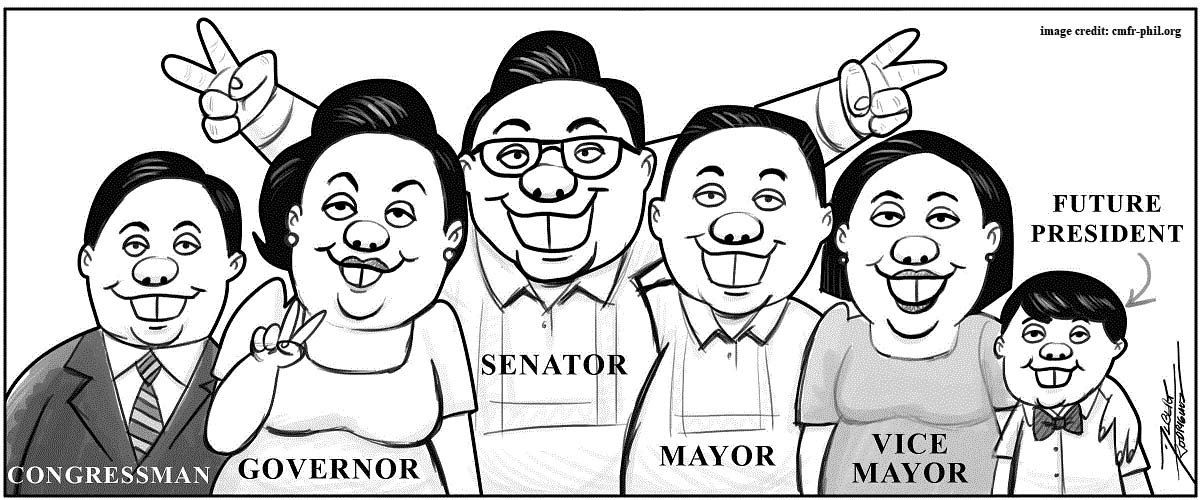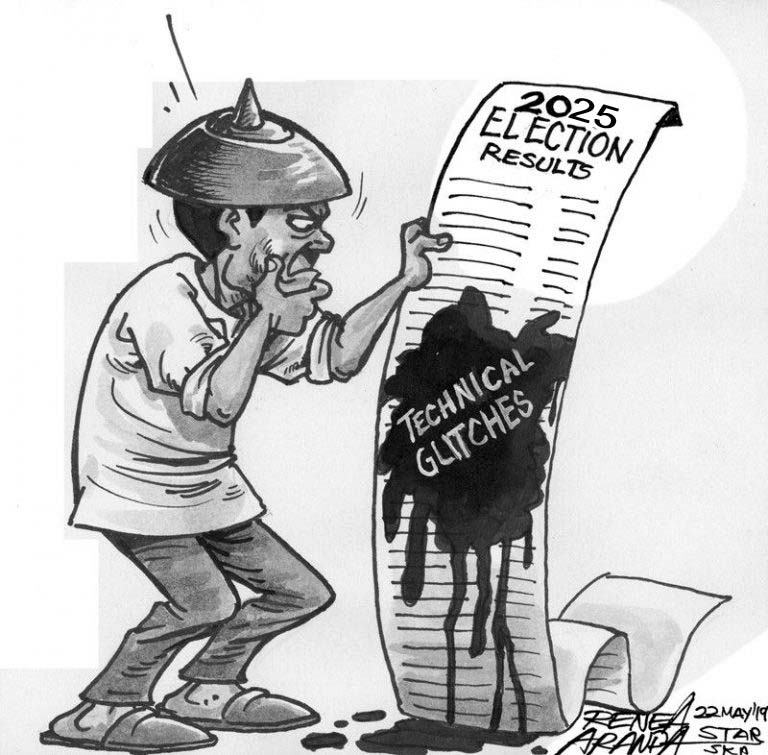Sheilla C. Ysug-Lee, RN
Corruption is a significant problem in the Philippines, and it is often practiced by some politicians in various ways. Here are some common forms of corruption practiced by some Philippine politicians:
- Bribery: Offering or accepting bribes in exchange for favors, such as contracts, permits, or influence.
- Graft: Misusing public funds or resources for personal gain, such as using government funds for personal projects or expenses.
- Nepotism: Favoring family members or friends for government positions, contracts, or other benefits.
- Cronyism: Favoring close friends or allies for government positions, contracts, or other benefits.
- Embezzlement: Stealing or misusing public funds, such as diverting funds meant for public projects or services.
- Kickbacks: Demanding a percentage of the profit from contractors or suppliers in exchange for government contracts or favors.
- Ghost projects: Creating fake or non-existent projects to divert public funds for personal gain.
- Pork barrel: Misusing discretionary funds, such as the Priority Development Assistance Fund (PDAF), for personal gain or to fund projects that benefit only a few individuals.
- Red tape: Creating unnecessary bureaucratic hurdles to extort money or favors from individuals or businesses.
- Vote-buying: Offering money or other incentives to voters in exchange for their votes.
Some common practices of corruption in the Philippines include:
- ** bids rigging**: Manipulating the bidding process for government contracts to favor a particular contractor or supplier.
- Overpricing: Inflating the cost of goods or services to increase profits or to favor a particular contractor or supplier.
- Under-the-table transactions: Conducting secret transactions or deals outside of official channels to avoid detection.
These forms of corruption can occur at various levels of government, from local to national, and can involve a range of actors, including politicians, bureaucrats, and private sector individuals.
It’s worth noting that not all Philippine politicians engage in corrupt practices, and there are many who are working to promote transparency, accountability, and good governance in the country. However, the prevalence of corruption remains a significant challenge to the country’s development and the well-being of its citizens.














